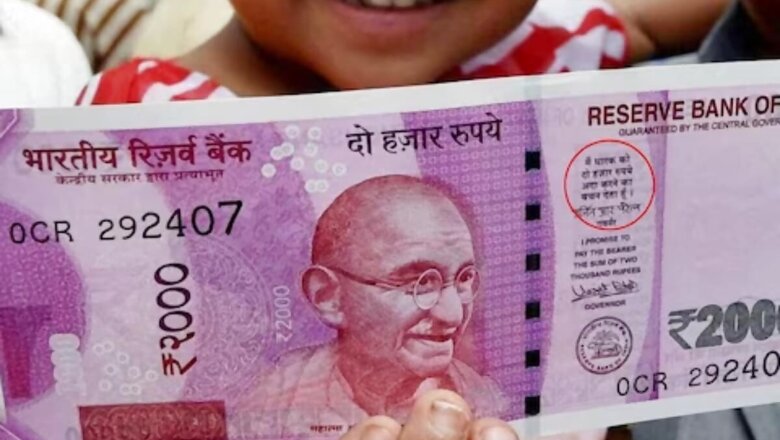
views
The Reserve Bank of India (RBI) announced last week that Rs 2,000 notes will be withdrawn from circulation. The central bank clarified that while the notes will continue to remain legal tender, they must be exchanged through banks by September 30. There are no restrictions on the amount you can deposit, provided you comply with the existing Know Your Customer (KYC) norms and other requirements.
For exchanging Rs 2,000 banknotes, all banks will facilitate the exchange up to a limit of Rs 20,000 at a time, as stated in the circular. This limit has been set to minimize inconvenience to the public, ensure smooth operations, and avoid disruption to the regular functioning of bank branches.
Here’s a step-by-step guide on how to exchange Rs 2000 notes at a bank:
Step 1: Visit your bank
You should go to the nearest branch of any bank starting from March 23 to deposit or exchange your Rs 2000 notes. If you have an account with that bank or branch, provide your account details for a smoother process.
Step 2: Fill out the ‘Request Slip’
After confirming the process, the bank will give you a request slip to complete the exchange of your ₹2000 notes. Fill in the slip with the following information:
– Write your name in capital letters as the ‘Tenderer.’
– Provide your Unique Identification Number from an accepted identity proof, which you need to present during the exchange.
– Fill in the details of the Rs 2000 note(s) you are submitting, including the denomination, number of pieces, and total value (up to a maximum limit of ₹20,000 at a time).
– Sign the form and mention the place and date of the exchange.
Step 3: Submit the form
Once you have filled out the request slip, submit it along with your Rs 2000 notes at the nearest bank branch to complete the exchange.
Exchange/Deposit Limits:
You can exchange Rs 2000 banknotes up to a limit of Rs 20,000 at a time. For deposits, there are no restrictions on the amount of Rs 2000 notes you can deposit, subject to compliance with Know Your Customer (KYC) norms and other requirements.
Exchange/Deposit Dates:
Starting from May 23, individuals can approach banks to deposit or exchange their Rs 2000 notes. The last date for this process will be September 30.
Exchange/Deposit Fees:
The exchange facility for Rs 2000 notes will be provided free of cost.
Exchange for Non-Account Holders:
Even if you don’t have an account with a bank, you can still exchange Rs 2000 banknotes up to a limit of Rs 20,000 at a time at any bank branch.










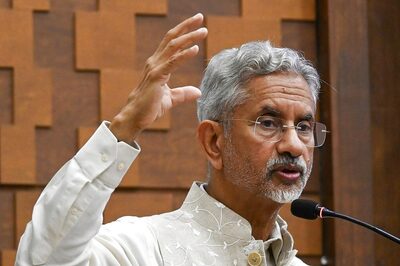

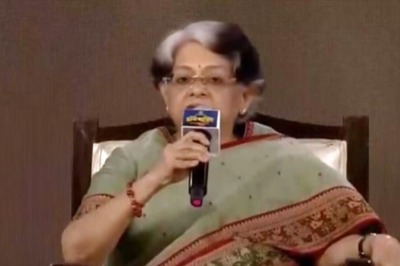

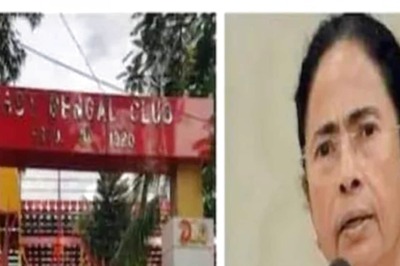

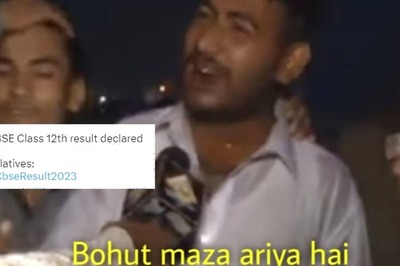



Comments
0 comment